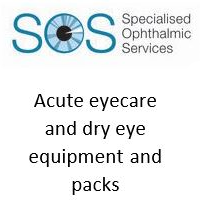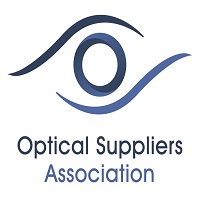General News
College offers tips for the public pollen levels rise
The College of Optometrists offers eye health tips for the public as high pollen levels are expected to sweep the UK
College produces new hay fever infographic, pollen calendar and social media assets for members.
As pollen levels rise and many people across the UK start experiencing hay fever symptoms, The College of Optometrists has issued new member resources and eye health tips to help the public manage their allergies.
The College has developed a new eye health infographic, pollen calendar, and social media assets for members to share with patients, highlighting the different ways to manage the effects of hay fever.
Dr Paramdeep Bilkhu MCOptom DipTp(IP), Clinical Adviser at The College of Optometrists, said: “Hay fever season has well and truly arrived. With pollen levels rising and many people across the UK starting to spend more time outside, it’s important to highlight the impact hay fever can have on our eyes and how patients can relieve the symptoms.
“As one of the most common allergic conditions, hay fever can cause considerable discomfort, making your eyes red, itchy and swollen. While the best way to prevent the allergy is to avoid exposure to your pollen triggers, anti-allergy eye drops can be used to help alleviate eye symptoms, as they target the site of discomfort directly. Mast cell stabiliser eye drops are a useful option if patients know when they’re likely to develop their allergy, as they can help prevent the symptoms before they even start, or lessen their impact. During acute episodes, antihistamine eye drops can help treat the allergic reaction more quickly. Both types of eye drops can be prescribed or purchased from local optical practices or pharmacies on the advice of an optometrist. Prescription-only eye drops that combine these effects with reduced dosing are also available, and are particularly useful for the management of more severe cases.”
The College has issued the following public advice for those already suffering hay fever symptoms affecting their eyes:
- Rinse your eyes regularly with a dedicated eye wash to remove any dust and pollen from the surface.
- If you develop eye symptoms, a cold compress can provide temporary relief, and the cooling sensation can help reduce inflammation. Dry eye drops that have been cooled in the fridge can have a similar effect.
- Wear sunglasses when outside – wraparound styles offer more protection from pollen.
- Switch from contact lenses to spectacles if you develop eye symptoms. Make sure you have an up-to-date pair of prescription spectacles and sunglasses.
- Avoid your exposure to pollen by closing windows and keeping surfaces clear with a damp duster.
- Avoid going out in the early evening and midmorning when the pollen count is at its highest.
College members can download the new infographic, pollen calendar and social media assets on the College website.























